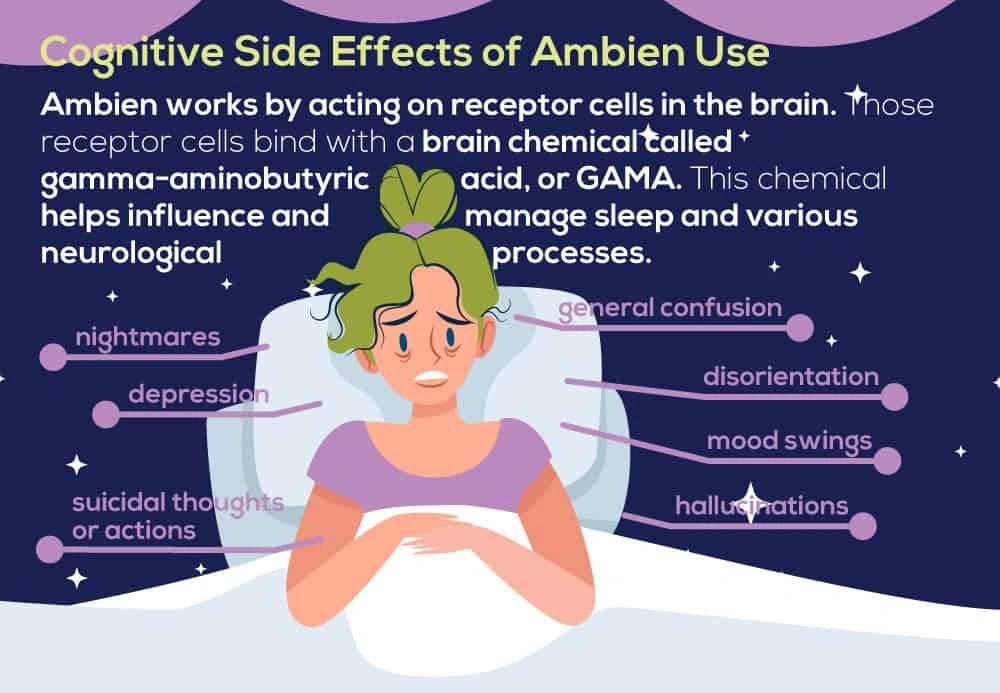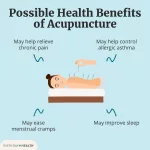
How Fast Does It Work?
Let’s not waste time with bland definitions—I’m going to assume you already know what Zolpidem is (hello, Ambien fans). You want to sleep? This stuff’s basically the express lane. The first time I heard about it, a friend whispered, “Take it… and you’ll barely remember closing your eyes.” Honestly? She was right. Zolpidem calms your brain so you can fall asleep faster, usually within 30 minutes. Sounds like a dream, right? But… (and there’s always a but) the speed and power of this tiny tablet come with a few plot twists.
The first twist? This medication isn’t meant to be your nightly companion forever. It’s supposed to be a quick fix. Doctors actually recommend using it for a week or two, tops, to minimize the risk of something far worse than a sleepless night: dependence. You can check a full run-down of Zolpidem tablet uses if you’re curious about every official detail.
Why Do People Slide Into Back-to-Back Nights?
Man, it happens so easily. I watched a neighbor start on Zolpidem after a messy breakup—just “until things settle down.” A month later? She confessed she couldn’t drift off without it. It’s sneaky: tonight’s one little tablet becomes every night’s routine until the bottle rattles empty like a warning bell.
Have You Noticed These Signs?
- Getting edgy or down if you skip a dose
- Needing more tablets to get the same effect
- Spending your morning feeling foggy, not fresh
If you’re worried about this, please peek at the latest scoop on zolpidem side effects long-term use. Some folks manage just fine—but not everyone. It’s worth looking up before your “quick fix” turns into a sticky habit.
| What Happens? | Short-Term Use | Long-Term Use |
|---|---|---|
| Sleep | You fall asleep fast | Effects taper, sleep may worsen |
| Dependency | Low risk | Up to 1 in 5 users get hooked |
| Possible Withdrawal | Rare/mild | Common/severe (anxiety, insomnia rebounds, sweats) |
Weird Things in the Night
Okay, let’s not tiptoe around it. You’ve definitely heard the Ambien (Zolpidem) horror stories—people “sleep-cooking,” “sleep-driving,” or sending weird texts and remembering absolutely nothing the next day. It sounds like urban legend…except, it’s totally not.
Incredible but true: a recent review on Zolpidem side effects spells it out. The medication is famous for triggering so-called “complex sleep behaviors.” We’re talking moving around, chatting, even driving—while technically asleep. I kid you not.
Scientists aren’t totally sure why your brain can switch into zombie autopilot on Zolpidem… but add alcohol or other meds to the mix, or if you’re super stressed out, and your risk skyrockets.
I once chatted with a woman who woke up to find her shoes muddy and her favorite coffee mug in her neighbor’s garden. She’d sleepwalked across the street and made herself at home—while conked out. She’d thought that was just “movie stuff” until her Zolpidem prescription proved otherwise.
When Is It Dangerous?
- If you live alone (or with kids!)—risks double if no one’s watching out for you
- If you drive or use machines for work—no joke, people have gotten arrested for sleep-driving
- Mixing with alcohol: just… don’t. It’s like throwing fuel on a campfire
Not everyone has wild episodes, but if you do, get medical advice fast. These reactions might sound hilarious… unless you’re the one who cooked a midnight omelet—or, worse, got seriously hurt or hurt someone else.
Daylight Grogginess—The “Ambien Hangover”
Ever wake up after what should have been a “good night’s sleep” and still feel like your brain’s wrapped in cotton wool? With Zolpidem, that’s pretty common. In my circle, we call it the “Ambien Hangover.”
Studies (and honestly, a pile of user reviews) back this up: more than 1 in 100 people report feeling groggy, dozy, or almost jet-lagged the next day, even if the sleep tracker says you slept a full eight hours according to the NHS.
Why Stickiness Happens
Part of it comes down to biology—your liver just processes this tablet a little differently if you’re older, taking other meds, or have certain health problems. For some, add strong coffee and you’re only masking the problem.
A friend shared how she once spaced out the entire morning at a work presentation after a late-night dose. Her boss thought she was hungover. She hadn’t even had a drink—just an “innocent” sleep pill.
How Can You Dodge the Ambien Fog?
- Only take it if you know you’ll get 7+ hours of sleep (otherwise, mornings = brain mush)
- Hydrate—lots!
- Skip heavy drinks or big meals before bedtime
The truth? You might have to experiment a bit, but if you’re always waking up sluggish, talk to your doctor about different strategies… or explore other Zolpidem tablet uses and see if there are milder options for your situation.
The Gut Check—And Other Sneaky Side Effects
Side effects don’t just stick to your day or night… Your tummy can get caught in the crossfire too. It surprised me how many people in online groups said Zolpidem left them queasy, with either an upset stomach, dry mouth, or… well… emergency trips to the bathroom.
According to the NHS and other reputable sites, these complaints are actually pretty common (more than 1 in 100 folks, not rare at all). For some, this is a minor annoyance. For others? It’s a deal breaker.
Other Fun Surprises (That Aren’t Actually Fun)
- Headaches
- Diarrhea
- Back pain
- Dry or metallic taste in your mouth
Long term? That’s when some truly odd issues can pop up—like new muscle pain, or honestly, just feeling sick a lot. Want a whole list of what to watch for down the road? Save this handy guide on zolpidem side-effects long-term use. Spoiler: it’s not pretty.
| Common Stuff | Rare, Serious Stuff |
|---|---|
| Dry mouth Dizziness Headaches Nausea Sleepiness | Memory loss Hallucinations Fainting Chest pain Fast/irregular heartbeat |
Mood and Mind: No Joke Here
Now for the “mess with your mind” bit. On the one hand, Zolpidem is supposed to gently encourage sleep. On the other… well, it can do some weird things to your mood—especially if you’re taking it more than just “every now and then.”
It’s more than irritability. Some people report feeling anxious, jittery, or even a little bit blue. A friend’s brother said he just “wasn’t himself” after a month on the stuff—couldn’t focus at work, and started feeling low for no clear reason.
The official word? WebMD and trusted drug info sheets list mood swings, depression, hallucinations (seeing or hearing things that aren’t there), and confusion as possible—though not super common—side effects. But they’re serious. If these show up, it’s a “call your doctor, like, right now” situation.
How Can a Sleep Pill Mess With Mood?
Basically, Zolpidem nudges your brain’s GABA system (that’s the thing that chills you out enough to sleep). But sometimes, especially in sensitive folks, this goes sideways: hallucinations, wild dreams, or that lost-in-space feeling when you’re awake.
If you’ve ever snapped at someone, felt hopeless after taking something that’s supposed to help—or if you’re seeing or hearing things others don’t—don’t power through it. Tell someone. Get checked out. Weird as it sounds, I know someone who actually found tracking their mood in a journal helped see patterns… and share better, clearer notes with their doc.
When Should You Be Scared? (Hint: Don’t Wait Until It’s Bad)
- If you suddenly get sad or hopeless
- If friends mention you’re acting “off”
- If you forget big chunks of time
- If you see stuff that can’t possibly be real
This goes double if you’ve ever had mood problems before. Again, please check reliable updates on zolpidem side-effects long-term use if any of this rings true.
Gut Check: Is It Worth It?
So… is Zolpidem worth the trade-offs? Sometimes! For plenty of folks, it’s a temporary godsend—they finally get decent sleep, land that promotion, or just generally feel human again after months of tossing and turning.
But there are risks. Dependence is real, and side effects aren’t just a theoretical checklist. I started digging into Zolpidem tablet uses and reading other people’s stories to make sense of it all. My takeaway: what works for one doesn’t work for all.
The bottom line? Zolpidem isn’t evil, but it isn’t magic either. Be honest with yourself—and your doctor. Notice patterns. Share what you’re feeling (even if it feels awkward). Try new sleep routines before you go the prescription route—blackout curtains, sleepy teas, whatever helps. And if you do go with Zolpidem, make sure you know what you’re signing up for (and how to step down if stuff starts to get weird).
Together, Let’s Sleep Smarter (and Safer)
Hey, thanks for sticking with me through all the nitty-gritty. Sleep is hard enough—no one needs surprises like sleep-cooking or waking up blue. If you’re using— or considering —Zolpidem, track your mood, chat with loved ones, and make your doctor a partner, not the “emergency call” after things go south.
Remember: it’s okay to want rest, but better sleep should mean a better life—not more stress. So check in with yourself, try out healthy sleep hacks, and don’t ignore signs if things feel off. Your future self (and maybe your sleepwalking roommate) will thank you. What’s your wildest sleep story? Let’s start the conversation—because if there’s one thing we all deserve, it’s sleep that doesn’t come with strings attached.

























Leave a Reply
You must be logged in to post a comment.